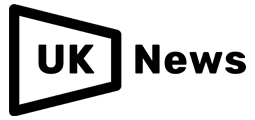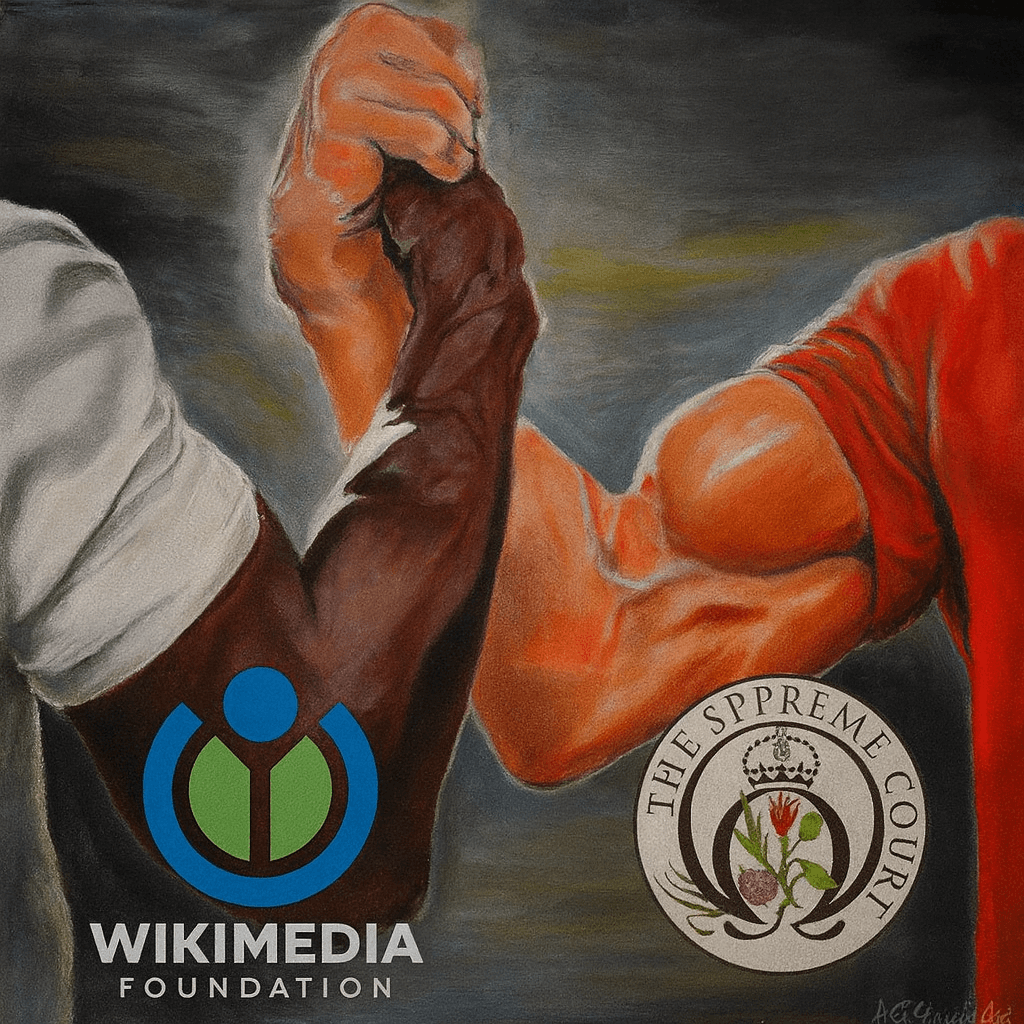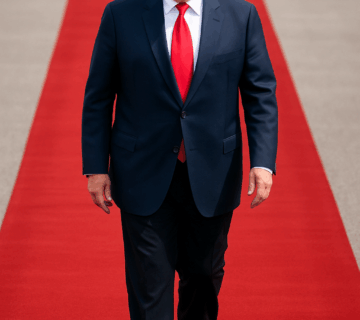The Wikimedia Foundation, the non-profit behind Wikipedia, has lost its High Court challenge to parts of the UK’s Online Safety Act. The ruling could reshape how both the Foundation and Wikipedia operate in Britain.
The Foundation argued that some rules — especially the Category 1 classification — would harm Wikipedia’s model of anonymous, community-driven editing. While the court dismissed the challenge, it left the door open for future legal action. This decision shows how far regulators can reach into global online platforms.
Wikimedia Foundation High Court Challenge
The dispute arose from the UK’s new Online Safety Act. Category 1 platforms face the strictest compliance rules, including verifying user identities, proactively removing harmful content, and detailed reporting to regulators.
With millions of daily visitors, Wikipedia could be labeled Category 1. The Wikimedia Foundation believes this would fundamentally change its open-editing model and discourage contributions from anonymous volunteers.
Understanding the UK Online Safety Act
The law aims to protect users — especially children — from harmful content. It gives Ofcom broad powers to enforce rules, demand changes, and impose fines.
Supporters say the Act addresses urgent safety concerns. Critics warn its definitions are vague and could allow overreach. For a platform built entirely on public contributions, compliance could be costly and complex.
What is Category 1 Classification?
Category 1 applies to the most influential platforms. Key obligations include:
- Verifying the identity of all users.
- Monitoring and removing harmful material before it spreads.
- Publishing detailed transparency reports.
- Meeting strict child safety standards.
For the Wikimedia Foundation, this could mean a major operational shift for Wikipedia.
Why the Wikimedia Foundation Contested the Act
Anonymity is central to Wikipedia’s mission. Volunteers worldwide, including academics and ordinary citizens, share knowledge without revealing personal details.
For some, this protection is vital. Editors covering controversial subjects or working in restrictive countries could face real danger if identified. The Wikimedia Foundation says identity checks would silence many voices.
The Court’s Verdict Explained
Judge Jeremy Johnson dismissed the case, ruling that the challenge was premature because Wikipedia is not yet classified as Category 1.
However, he acknowledged the Foundation’s concerns. If Ofcom assigns that status in the future, the Wikimedia Foundation can return to court.
Immediate Impact on the Wikimedia Foundation
For now, the Foundation’s UK operations remain unchanged. But the risk remains. It must prepare for the possibility of new rules, which could require significant technical and policy adjustments.
User Privacy at the Center
The biggest worry is privacy. Forcing identity checks would remove the safety of anonymity. Many contributors could face harassment, political pressure, or worse.
Without anonymity, the diversity and depth of Wikipedia’s content might shrink.
The Role of Ofcom in Enforcement
Ofcom will decide whether the Wikimedia Foundation meets Category 1 criteria. Factors include user numbers, influence, and potential risks.
Its ruling will determine whether the Foundation must comply with the strictest parts of the Act.
Possible Appeal Paths
If Ofcom designates Wikipedia as Category 1, the Wikimedia Foundation can challenge that decision in court. This could re-open the debate about proportionality and public interest.
Global Reactions to the Ruling
Digital rights advocates warn this could inspire other governments to impose similar restrictions. They see the case as part of a global shift toward heavier online regulation.
The Online Safety vs Free Speech Debate
The challenge highlights a core tension. Supporters of the Act want stronger safeguards against abuse and harmful material. Opponents fear it will create a heavily monitored internet, chilling open discussion.
How the Wikimedia Foundation Operates
Wikipedia is run by volunteers, not algorithms. It carries no targeted advertising and depends on donations. This makes it different from profit-driven tech giants, but the law treats it much the same.
Why Anonymity Matters on Wikipedia
Anonymity protects contributors from retaliation. It allows whistleblowers, human rights workers, and others in sensitive positions to share information without fear.
Potential Reduction of UK Access
If compliance becomes too burdensome, the Wikimedia Foundation may limit Wikipedia’s UK access by up to 75%. That would reduce public access to one of the largest sources of free knowledge.
Government’s Stance on the Act
Officials say the Act protects users from harm. They believe platforms must take greater responsibility for what appears on their sites.
The Judge’s Recommendations to Government
The judge suggested exemptions or adjustments could be considered if compliance threatens the mission of public-interest platforms like Wikipedia.
The Bigger Picture for Digital Regulation
Governments worldwide are moving toward tighter online rules. The EU’s Digital Services Act and laws in Canada and Australia reflect this trend. Supporters believe such measures create safer spaces. Critics fear they encourage overregulation, censorship, and reduced innovation.
The Road Ahead for the Wikimedia Foundation
The Foundation will likely focus on advocacy, legal preparation, and tools that protect privacy while meeting possible new requirements.
User Contribution in a Changing Legal Landscape
Contributors may adapt by learning about legal risks and using privacy tools. The community’s resilience will be key to maintaining Wikipedia’s open model.
What Does This Mean for the Rest of Us?
This ruling could change how ordinary people use the internet. If the Wikimedia Foundation is forced to verify all contributors, similar rules could appear across other platforms.
Possible effects include:
- Fewer voices online – Many will avoid sharing views if they must reveal their identities.
- Less diversity – Loss of input from whistleblowers, activists, and marginalized groups.
- More sign-up barriers – Posting may require official ID or linked phone numbers.
- A change in online tone – People may speak more cautiously, knowing their names are attached.
These laws aim to protect users from harm. Yet they could also limit the freedom to speak openly online. The Wikimedia Foundation’s loss shows these changes will affect everyone who uses social media, forums, and open knowledge platforms.
Conclusion
The ruling marks a turning point in the debate over online safety, privacy, and free expression. Ofcom’s upcoming decision will decide whether the Wikimedia Foundation must make fundamental changes in the UK.
This case is a warning: the rules applied to large platforms shape the way we all use the internet.
It opposed parts of the UK’s Online Safety Act that could harm Wikipedia’s anonymous, collaborative model.
Not yet. That would depend on Ofcom designating it as Category 1.
Not directly, but it can challenge a future Category 1 classification.
It protects contributors and encourages open sharing of knowledge.
Yes, if compliance becomes too difficult or costly.
Ofcom will decide on the classification, and further legal action may follow.



